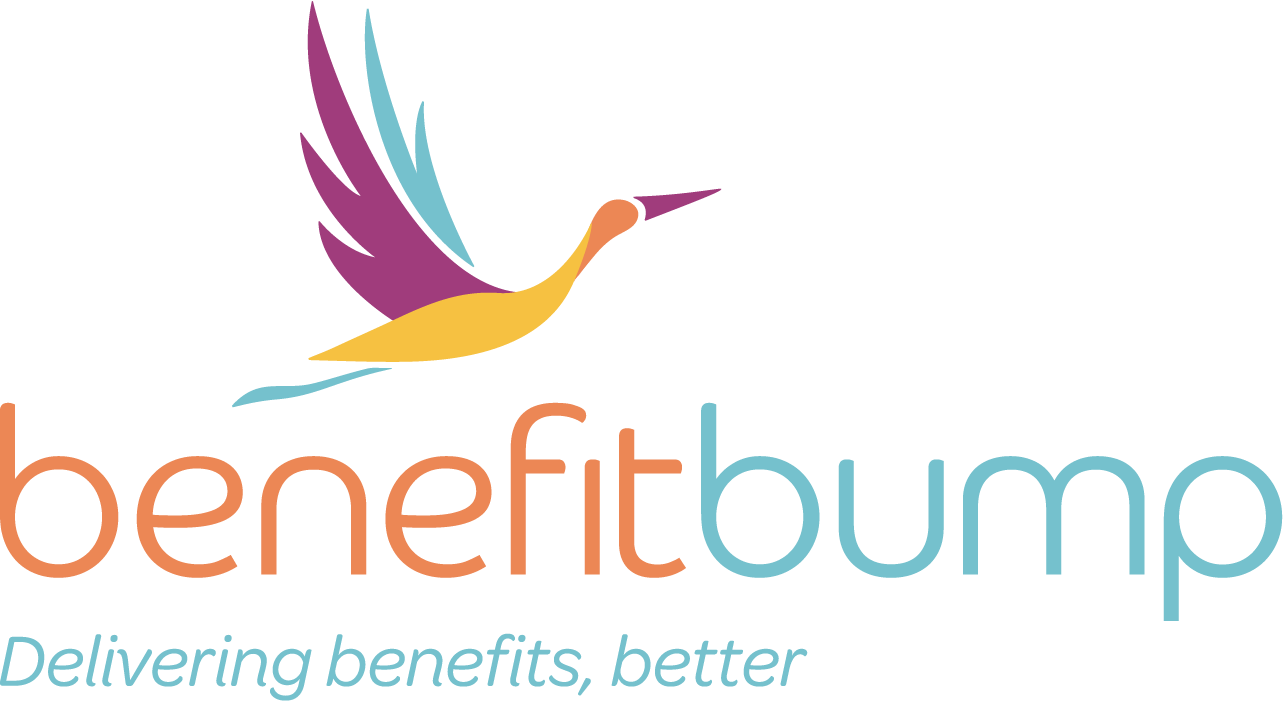National Birth Defects Prevention Month: Empowering Families, Raising Awareness
January is National Birth Defects Prevention Month
This is a time to raise awareness about birth defects and their impact on families, as well as to highlight steps individuals and communities can take to support healthy pregnancies and babies. Birth defects affect 1 in 33 babies born in the United States each year, making them a leading cause of infant mortality and lifelong disabilities. While not all birth defects can be prevented, promoting healthy behaviors, early interventions, and supportive policies can make a significant difference.
Understanding Birth Defects
A birth defect is a structural change present at birth that can affect any part of the body. These can range from mild conditions, such as a cleft lip, to more severe ones, like heart defects or spina bifida. Causes of birth defects vary and can include genetic factors, maternal health conditions, infections during pregnancy, and environmental exposures. In many cases, the exact cause remains unknown.
Managing an In-Utero Diagnosis of a Birth Defect
Receiving an in-utero diagnosis of a birth defect can be an overwhelming and emotional experience for expectant parents. It’s natural to feel a mix of fear, grief, uncertainty, and even guilt. While these emotions are valid, there are steps parents can take to navigate this challenging time and find the support they need.
1. Process Your Emotions
Allow yourself space to feel and process your emotions without judgment. Parents often feel pressure to remain strong, but acknowledging your feelings—whether sadness, anger, or fear—is an important part of coping. Consider journaling, talking with a trusted friend, or reaching out to your BenefitBump Care Navigator.
2. Seek Clear and Compassionate Information
An in-utero diagnosis often comes with medical jargon and uncertainty. Don’t hesitate to ask your healthcare provider for clear explanations about your baby’s condition, potential outcomes, and treatment options. Request referrals to specialists, such as maternal-fetal medicine doctors or genetic counselors, who can provide deeper insights.
3. Build a Support Network
You don’t have to navigate this journey alone. Reach out to others who understand what you’re going through, including:
Support Groups: Many organizations, such as the National Birth Defects Prevention Network or March of Dimes, offer online and in-person groups for parents facing similar situations.
Therapists or Counselors: Mental health professionals with expertise in prenatal and postnatal care can help you cope with anxiety and grief.
Family and Friends: Share your diagnosis with trusted loved ones who can provide emotional and practical support, such as accompanying you to appointments or helping prepare for the baby’s arrival.
4. Educate Yourself on Resources and Care
Learning about your baby’s condition and available resources can empower you and help reduce fear of the unknown. Some actions you can take include:
Understanding Treatment Options: Explore potential treatments, surgeries, or interventions available before or after birth.
Planning for Specialized Care: Identify hospitals or medical centers equipped to handle your baby’s specific needs, such as neonatal intensive care units (NICUs) or pediatric specialists.
Accessing Financial Assistance: If your baby will require significant medical care, investigate insurance coverage, grants, or programs that can ease the financial burden.
5. Prepare for Your Baby’s Arrival
Embracing your baby’s unique needs while planning ahead can empower you to feel confident and in control. Work with your healthcare team to develop a delivery plan that includes specialized care, if needed.
6. Focus on the Bond with Your Baby
An in-utero diagnosis doesn’t define your baby or your love for them. Many parents find strength in connecting with their baby during pregnancy through activities like reading, singing, or keeping a pregnancy journal. This bond can provide emotional resilience as you prepare for what lies ahead.
7. Give Yourself Grace
Coping with an in-utero diagnosis is a process, not a one-time event. Some days will feel harder than others, and that’s okay. Remember that parenting is about love, not perfection, and that your commitment to your baby’s well-being is what matters most.
Hope and Support
While an in-utero diagnosis can bring uncertainty, it can also offer an opportunity to prepare, gather resources, and advocate for your child. Advances in medical care and early interventions have improved outcomes for many babies born with birth defects, allowing them to lead fulfilling lives.
Parents are not alone in this journey. From medical teams to support groups, there is a wide network of people ready to help you navigate this path. National Birth Defects Prevention Month is a reminder of the power of education, support, and compassion in creating brighter futures for all children. For additional guidance and personalized resources, reach out to your Care Navigator, who is here to support you every step of the way.

